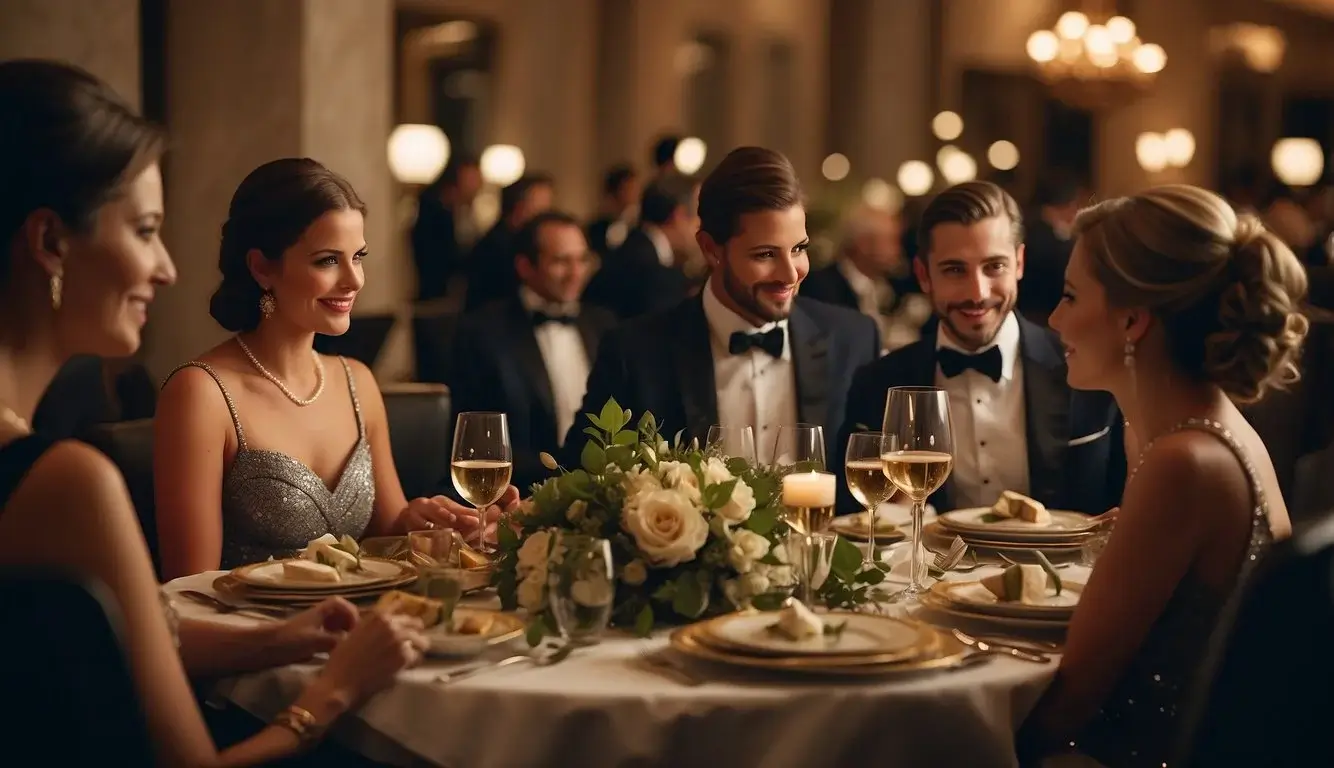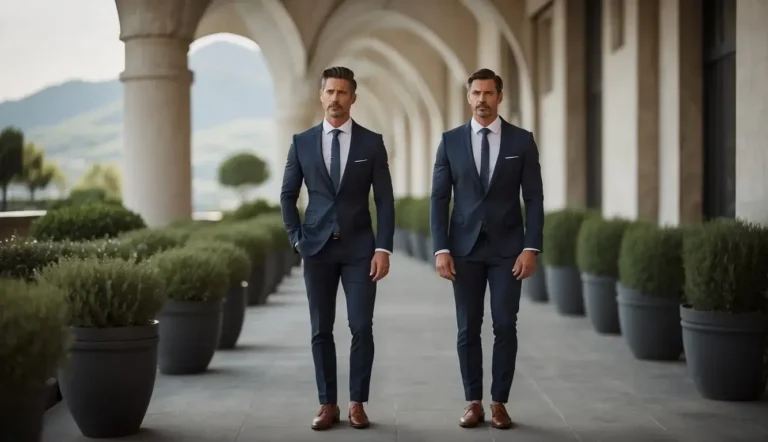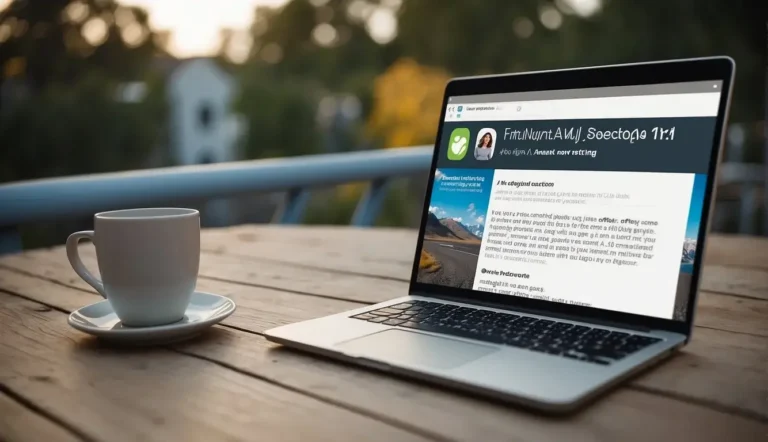In today’s swift-moving society, I’ve come to understand the critical role that etiquette plays in facilitating smooth social interactions. Simple gestures of politeness, such as using “please” and “thank you,” play a significant part in demonstrating respect and gratitude towards others. Through my own experiences, I’ve learned that manners extend beyond mere social protocol; they are acts of courtesy that can profoundly influence our interactions and daily experiences. The universality of good manners is what makes them so priceless, especially in our ever-more interconnected global community.
Key Takeaways
- Manners are the fundamental expressions of respect and kindness in society.
- Good behavior and etiquette are valuable across all stages of life and social interactions.
- Recognizing and adapting to the evolution of manners is crucial in a diverse world.
The Importance of Manners in Society

Manners encapsulate the very essence of mutual respect and trust that I believe to be the foundation of any thriving society. They’re not merely a superficial layer of interaction but the threads that weave the tapestry of social harmony and compassion.
Cultural Norms and Respect
In my experience, understanding and adhering to my community’s cultural norms has always fostered a deeper sense of respect among its members. Manners, as expressions of these norms, signal my recognition and valuation of someone else’s comfort and dignity. Whether it’s greeting my neighbors with a smile or ensuring I’m punctual for meetings, these small acts reinforce my respect for others’ time and well-being.
The research I’ve encountered, such as Psychology Today’s discussion of manners, affirms that quality relationships are often rooted in these expressions of respect and trust.
Manners and Social Cohesion
I’ve learned that manners aren’t just about personal interactions, they’re key to maintaining social cohesion. When I express gratitude or patience, I am not just being polite, I am also contributing to a trust network. Acknowledging someone’s effort with a simple ‘thank you’ reinforces trust, and trust is the glue that holds society together.
This trust extends into my daily relationships, as highlighted in Headspace’s discussion of manners, showing considerate behavior through good manners costs nothing but adds immense value to society as a whole. By being considerate, I promote a culture of compassion, which makes the community stronger and more resilient.
By consistently practicing good manners, I contribute to weaving a stronger societal fabric, one in which relationships reflect the underlying threads of respect and trust.
Manners Through Life Stages

From my experience, manners play an essential role at each stage of life, influencing social interactions and personal development. Appropriately expressed, manners can open doors in school, professional circles, and personal relationships.
Teaching Children
I’ve observed that children absorb behaviors like sponges, so starting early is crucial. In school, children who say “please” and “thank you” are often well-received by both peers and educators. For instance, teaching children to raise their hand before speaking is a form of respect that facilitates orderly communication. I use tables like the one below to chart manners and their positive effects:
| Manner | Positive Effect |
|---|---|
| Saying “please” | Encourages politeness and kindness |
| Sharing toys | Fosters a sense of community |
| Taking turns | Develops patience and fairness |
Teens and Manners
During the teenage years, manners evolve alongside mental and emotional development. Teenagers navigating complex social etiquette both online and offline, such as commenting respectfully on social media, reflects their growth into thoughtful adults. I’ve noticed that teens with good manners often gain respect from adults and are perceived as mature, which can lead to greater opportunities, like leadership roles in clubs or sports teams.
Adult Etiquette
As an adult, I’ve learned that professional and personal etiquette can greatly impact my relationships and career. Polished manners can manifest in networking events where balancing active listening with articulate speaking is key. Also, displaying consistent politeness in difficult work scenarios can defuse tension and maintain a collaborative environment. Clear and respectful communication is paramount; I make it a point to acknowledge others’ ideas and respond without interrupting, displaying that manners matter in fostering cooperative and productive exchanges.
Common Courtesies and Why They Matter
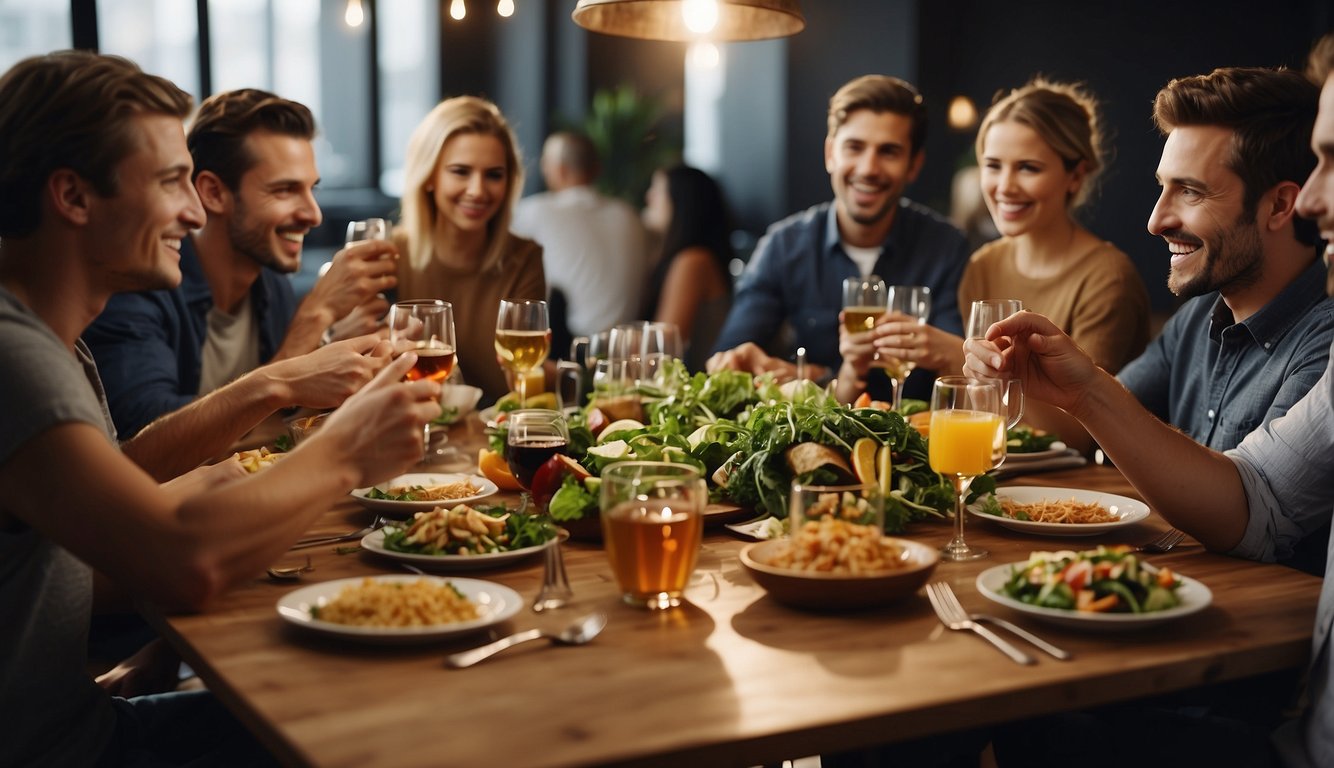
In my life, I’ve noticed that common courtesies are the threads that weave our social fabric together. They reflect respect, kindness, and foster a sense of community.
Please and Thank You
“Please” and “Thank You” are the pillars of polite discourse. Using ‘please’ when making a request shows respect for the other person’s autonomy. For instance, when I ask for something at a store, saying, “Could I please have…?” acknowledges the effort of the person assisting me. Meanwhile, saying ‘thank you’ expresses gratitude and bonds me with others, acknowledging their help or kindness.
Greeting and Parting Niceties
A warm “Hello” or “Goodbye” can significantly impact daily interactions. When I meet someone, a sincere “How are you?” conveys that I value their presence and wellbeing. Likewise, saying “Take care” or “See you soon” when departing provides a sense of ongoing connection and implies that the relationship matters to me.
Support and Generosity
Acts of support and generosity often speak louder than words. Whether it’s offering my seat to someone in need or lending a listening ear, these actions embody care and compassion. For me, the act of giving a hug, when appropriate, is a powerful gesture of empathy and comfort. These forms of kindness reinforce our bonds and remind us that we’re not alone.
Professional and Educational Conduct

Establishing a standard for professional and educational behavior is essential for fostering respect and success. Demonstrating politeness and adhering to good manners paves the way for a productive learning and working environment.
Manners in the Workplace
Key behaviors:
- Respect: Valuing the ideas and contributions of others not only fosters collaboration but also drives collective success.
- Politeness: Simple practices such as saying “please” and “thank you” can significantly enhance the work atmosphere.
When I navigate the workplace, I focus on emotional intelligence, which involves understanding my and my colleagues’ emotions. This sensitivity is crucial for maintaining professionalism, which comprises integrity, respect, and confidence.
Behavior in Schools
- Grades vs. Manners: While academic success is measured through grades, the importance of good manners within an educational setting should never be underestimated.
- Respectful Interaction: I ensure to engage with teachers and peers in a manner that reflects mutual respect.
Whenever I’m in school, I’m mindful of my behavior as it impacts not just my education but also how others perceive me. By upholding appropriate behavior, I contribute to a positive learning environment for everyone involved.
The Evolution of Etiquette
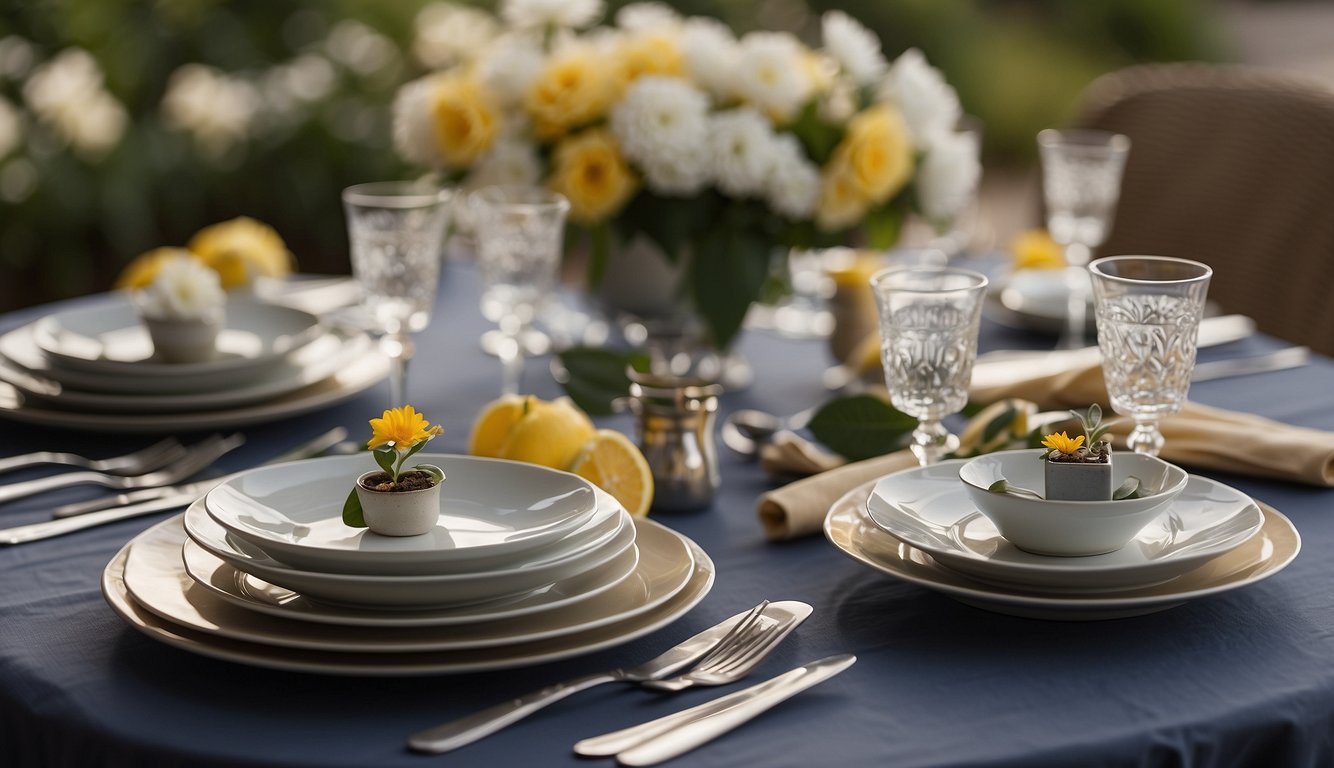
Etiquette, the set of rules dictating social behavior, has transformed immensely from traditional standards to adapt to the modern, digital age.
Traditional vs. Modern Manners
I’ve observed that traditional etiquette featured very prescriptive rules meant to maintain a strict social order. Actions such as men standing when a woman leaves the table may seem old-fashioned, but they reflect the historical context of manners. Over time, as societies became more casual and egalitarian, these rules relaxed. Today, the focus is often on respect and empathy rather than rigid customs. However, some traditional manners, like saying “please” and “thank you,” remain timeless.
Modern manners have pivoted to embrace inclusivity and personal freedom. You might notice that formal dinner parties are less common, replaced by casual gatherings where traditional table manners vary widely. Yet, even in relaxed environments, being polite and considerate is key. In professional settings, for instance, simple courtesies like holding the door for the person behind me, regardless of gender, can leave a lasting positive impression.
Etiquette in Digital Spaces
Moving into digital spaces, the principles of etiquette continue to govern interactions but take on new forms. Email etiquette, for example, demands a balance between formal and casual language. I make sure to start with a polite “Dear [Name],” but may sign off with a friendlier “Best wishes” or “Cheers” depending on the relationship and context.
The line between public and private blurs on social media, and etiquette evolves rapidly. When sharing content, it’s critical to respect privacy and consider the potential wider audience. Acknowledging messages and comments and avoiding online conflicts are simple ways to maintain good manners in these spaces.
Text messaging, like social media, has its own set of etiquette. I try to respond promptly and avoid miscommunication through clear, concise language. The use of emojis and GIFs might help convey tone in casual conversations but could be perceived as unprofessional in a business context.
In all aspects of digital communication, I find that awareness and adaptability are essential to practicing good etiquette. Whether it’s careful crafting of emails or thoughtful engagement on social media, the underlying goal is to respect others and communicate effectively.
Special Situations and Manners
When I find myself in public spaces or seated at a dinner table, I understand that certain manners are expected in these settings to respect those around me and uphold social etiquette.

Table Manners
At the table, I must wait until everyone is seated and served before eating. This is not just about patience; it demonstrates respect for the company and the meal. Here’s a quick rundown of table etiquette:
- Seating: Take my cue on when to sit; if the host or hostess hasn’t sat, neither should I.
- Utensils: Use them from the outside in, saving the utensils closest to my plate for the main course.
- Chewing: Always chew with my mouth closed, a fundamental rule to prevent unpleasant sights and sounds.
Public Spaces and Manners
In public spaces, my behavior affects everyone around me. Simple actions can significantly shape social interactions:
- Holding Doors: When I approach a door, and someone is behind me, I take a moment to keep it open. It’s a small gesture that shows awareness and consideration.
- Sneezing and Coughing: If I need to sneeze or cough, I always cover my mouth and nose with a tissue or the inside of my elbow, not my hands. It’s a key practice in maintaining public health and hygiene.
Global Perspectives on Politeness

Understanding politeness within various cultures is crucial, especially for those who travel. I’ll navigate through manners in different settings and emphasize the importance of adhering to international etiquette.
Manners in Different Cultures
In every corner of the world, manners and customs can vary drastically. For instance, in Japan, it is a sign of respect to bow when greeting someone, while in India, a gentle nod and a warm smile accompanied by a “Namaste” is a common greeting. Cultural understanding is integral; one may find that while a firm handshake is deemed polite in the United States, in other cultures, such as in Korea, a softer handshake coupled with a bow is preferred.
European interactions also reflect unique sets of manners, with variations even within the region. For example, on formal occasions, many Europeans use the V-form in languages that have both formal and informal second-person pronouns, to denote respect and social distinction.
International Etiquette and Travel
Being conscious of local customs and etiquette is essential in fostering mutual respect when I travel. It’s fascinating to observe how expressions of politeness can differ; what may be a polite gesture in one country could be misconstrued in another. For example, tipping in Japan may be seen as an affront, while in the United States, it’s a standard way to express appreciation for service.
Learning a few basic phrases in the local language or understanding the dining etiquette can go a long way. I always research international travel etiquette before embarking on a trip to avoid inadvertent impoliteness, which has helped me to interact harmoniously with locals and other travelers alike.
The Psychology of Manners

When discussing the psychology of manners, it’s important to recognize their profound impact on mental well-being and social interactions. Through a blend of neuroscience and social psychology, I will explore how manners contribute to personal happiness and the quality of our relationships.
Behavior and Mental Well-being
Manners are far more than just a societal construct; they reflect empathy and kindness emanating from our psychological makeup. They play a pivotal role in how I perceive myself and others. By focusing on polite behavior, I can foster a sense of self-respect while also making others feel valued. When I regularly exercise good manners, my brain reinforces a standard of conduct that is aligned with happiness and social harmony, indicating that indeed, manners matter.
Stress, Relationships, and Politeness
In my relationships, politeness is a key component that helps to mitigate stress and conflicts. It acts like social ‘oil’ that smoothens my interactions with others. A simple act of kindness through polite behavior can enhance empathy between individuals, making my social connections more enjoyable and less tense. Moreover, being courteous can contribute to a supportive environment where stress is less likely to take hold, benefiting not only the state of my relationships but also my overall mental health.
Challenges to Good Manners

Manners play a crucial role in smoothing social interactions, but there are hurdles to maintaining them consistently. Here’s what I find challenging in the realm of civility.
Understanding Rude Behavior
When I witness rude behavior, it often reminds me of the complexities in human dynamics. Sometimes, stress or personal struggles spill over into someone’s actions. But understanding why people are rude doesn’t automatically make dealing with it any easier.
Addressing Bad Manners
When it comes to addressing bad manners, the waters get even murkier. I believe it’s not just about pointing out offenses; it’s about nurturing an ongoing dialogue. For instance, if a friend consistently interrupts, broaching without harming the relationship is a delicate matter. So, the key is recognizing bad manners and skillfully addressing them to improve behavior without igniting further relationship challenges.
The Role of Manners in Future Society

In the future society, my interactions will be shaped by evolving norms and values. Understanding the impact of manners on the world will be crucial as we navigate new ethical terrains.
Adapting Etiquette to Emerging Norms
Technology transforms how I engage with others, leading to new manners reflecting emerging social norms. I envision AI etiquette becoming essential, where I’ll need to balance efficiency with empathy in digital communication.
For example, remote work has already prompted a rethinking of professional conduct. As this trend continues, I anticipate working from any location will necessitate a refined set of manners. Something as simple as turning on the camera during virtual meetings may become a new politeness standard to convey presence and attentiveness.
Predicting Changes in Societal Values
Predicting future values within society requires me to look at current trends and see where they might lead. I anticipate ethics in technology usage becoming a major societal focus. The way I acknowledge and protect digital privacy today can set a precedent for future generations.
The rise in global connectivity challenges me to embrace diverse outlooks, which may redefine manners in a multicultural context. Emphasis on inclusivity and sensitivity towards different cultural norms will likely be an integral part of societal values. I expect the golden rule of treating others how I want to be treated will persist but be applied in more globally-conscious ways.
Our Opinion

In my exploration of manners, I’ve seen just how impactful they can be. Manners are not just about following societal etiquette; they’re about showing respect. By exhibiting good manners, I’m conscious of creating a positive environment around me.
- They reflect on my personal values.
- They help in forming meaningful connections.
- They foster a courteous society.
In my interactions, I prioritize politeness because it can make someone’s day brighter. Exhibiting good manners is akin to wearing an outfit that never goes out of style; it’s timeless and speaks volumes about my character.
I have come to understand that my behavior doesn’t just stop with me; it echoes into my community, affecting how we all treat each other. The fabric of our society thrives on these interpersonal exchanges that are laced with courtesy.
Remember, when I uphold strong social mores, I’m not just adhering to an old-fashioned concept but actively participating in shaping a kinder world. These small, considerate gestures add up and can genuinely make a difference in interpersonal dynamics.
FAQ – Manners Matter
Why are good manners important in society?
Good manners are the foundation of civil society. They facilitate communication and collaboration by ensuring interactions are respectful, considerate, and positive. Manners help avoid misunderstandings and conflicts, making social situations more enjoyable for everyone involved.
Can good manners impact professional success?
Absolutely. In the professional world, manners can influence perceptions of your competence, reliability, and respect for others. Good manners in networking, communication, and workplace interactions can lead to better relationships, opportunities, and career advancement.
How do manners affect personal relationships?
Manners play a crucial role in building and maintaining healthy personal relationships. They demonstrate respect, appreciation, and care for others, contributing to stronger, more positive connections with friends, family, and partners.
If you enjoyed reading about Manners Matter, check out our other articles:
- Bowling Etiquette 2024: Tips for Polite Play on the Lanes
- Surf Etiquette 2024: Key Rules for Sharing the Waves
- Tennis Etiquette 2024: Key Rules and Polite Play for Beginners
- Laundromat Etiquette 2024: Tips for a Harmonious Wash Day
Feel free to also check out our other Articles from the category “Etiquette & Manners“ and don’t forget to follow us on Pinterest.

